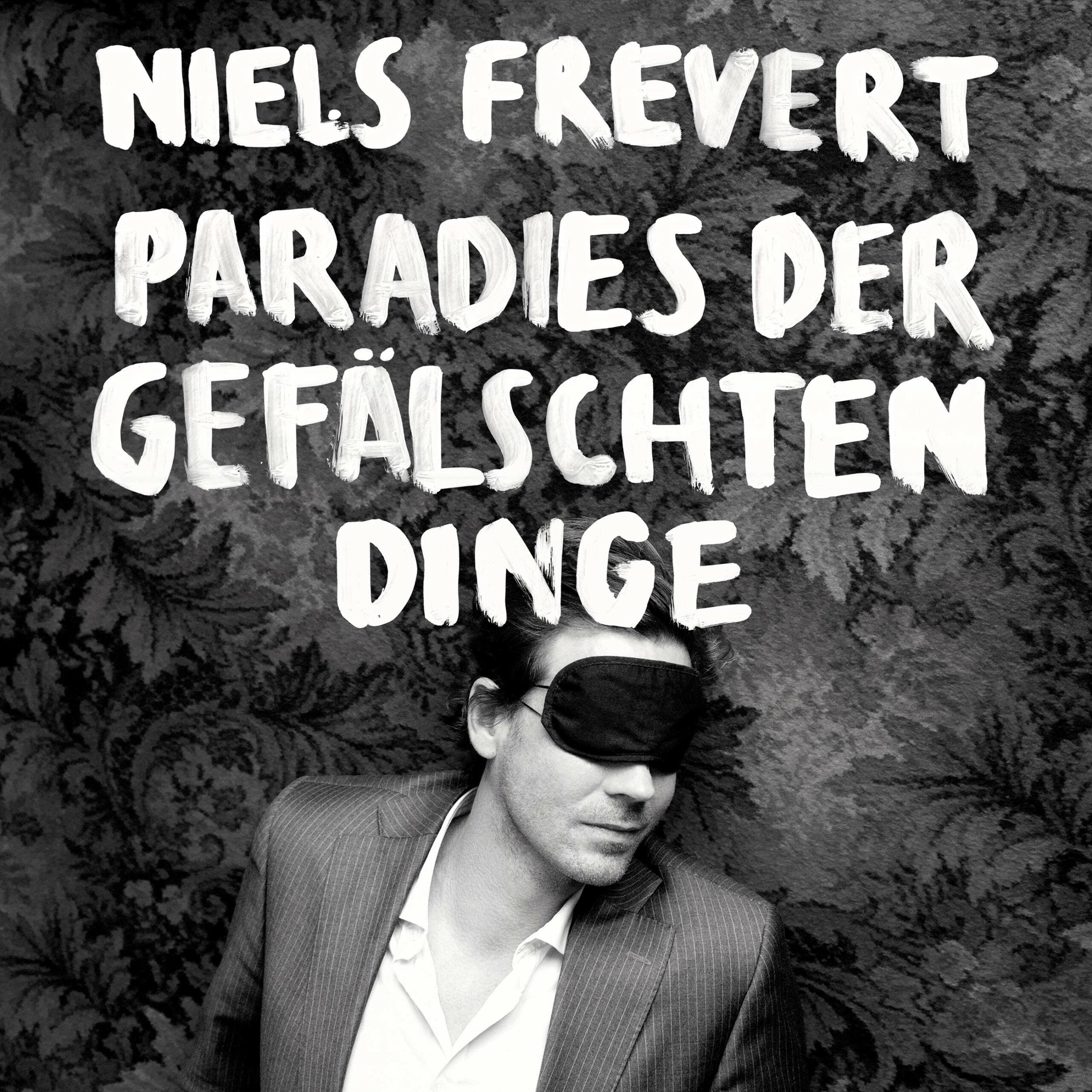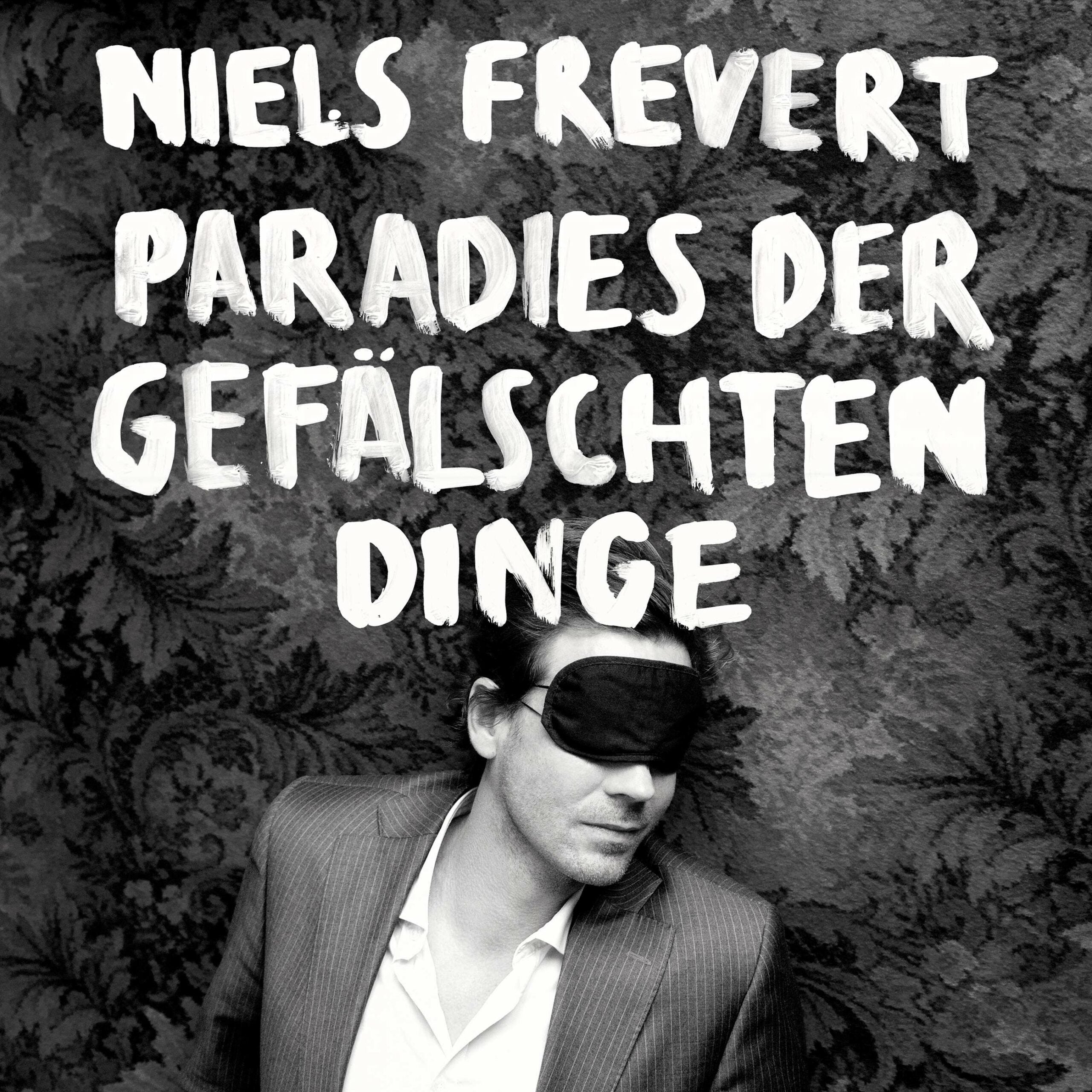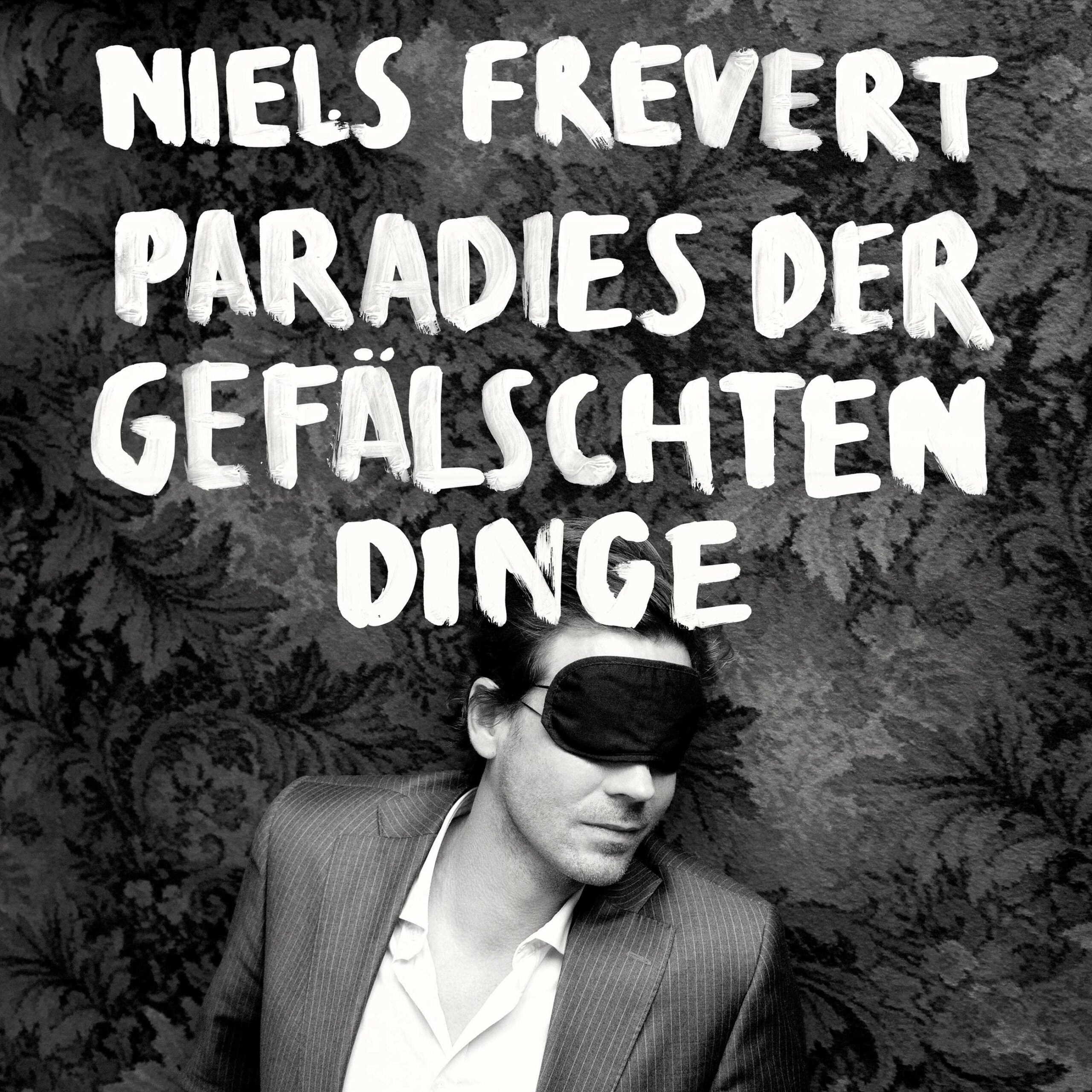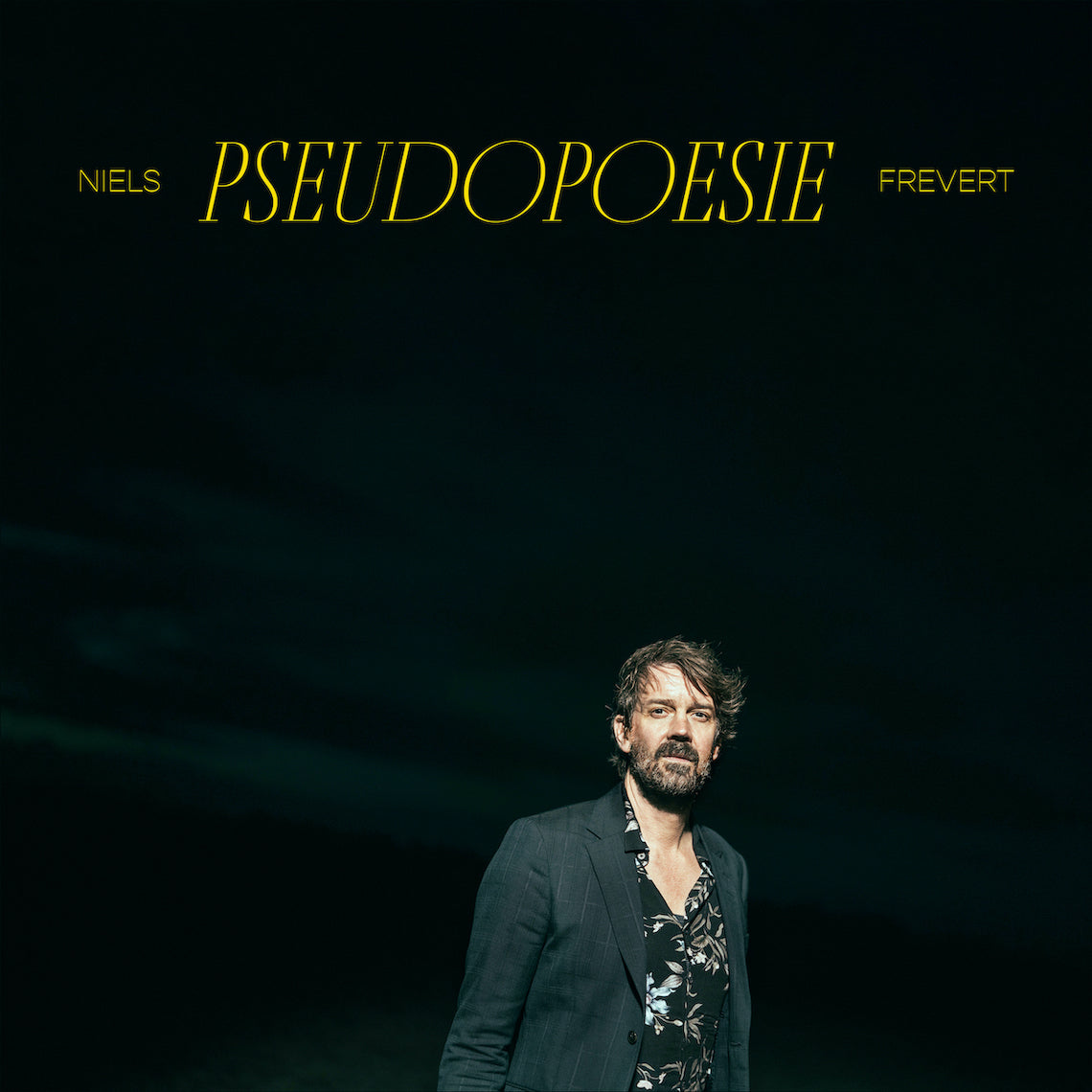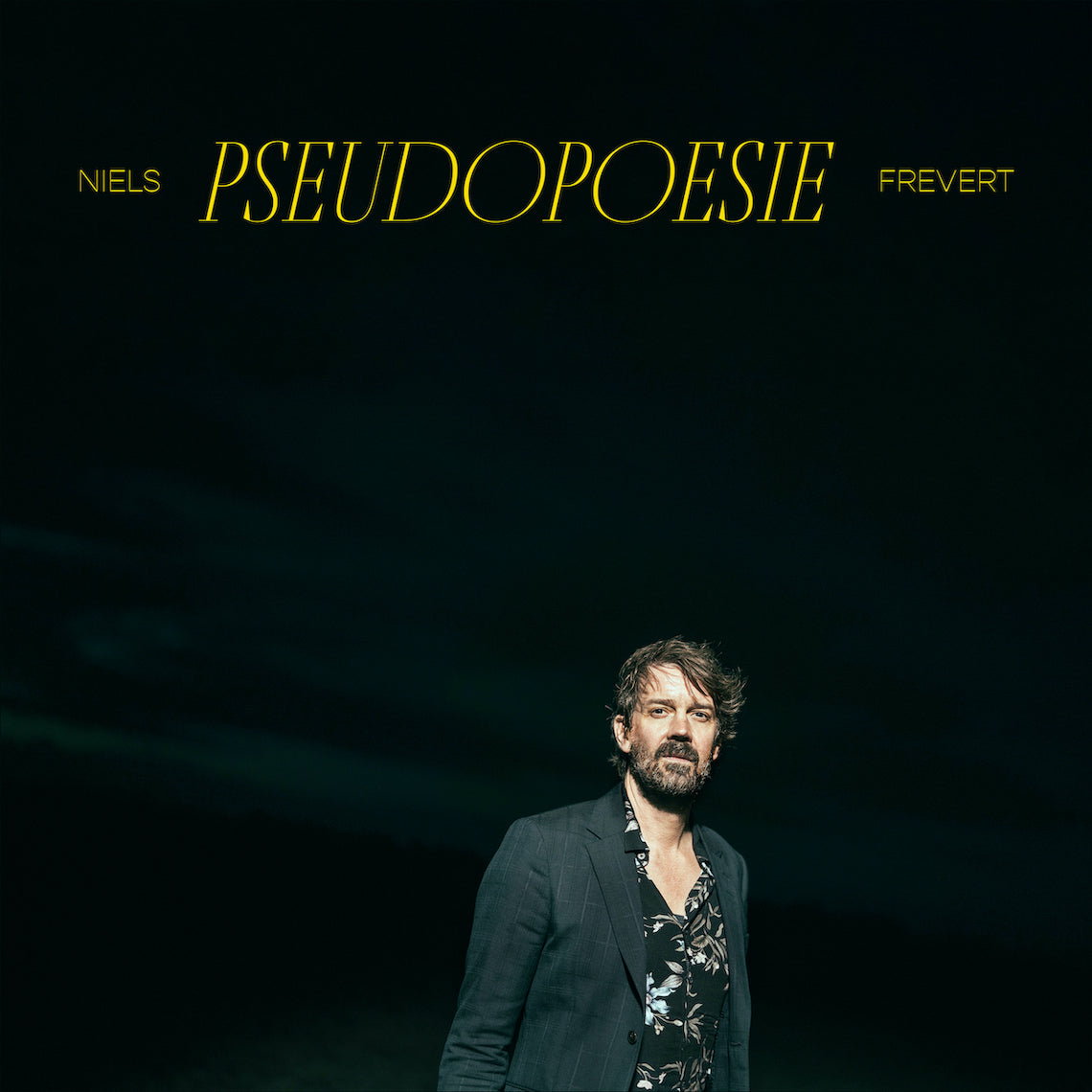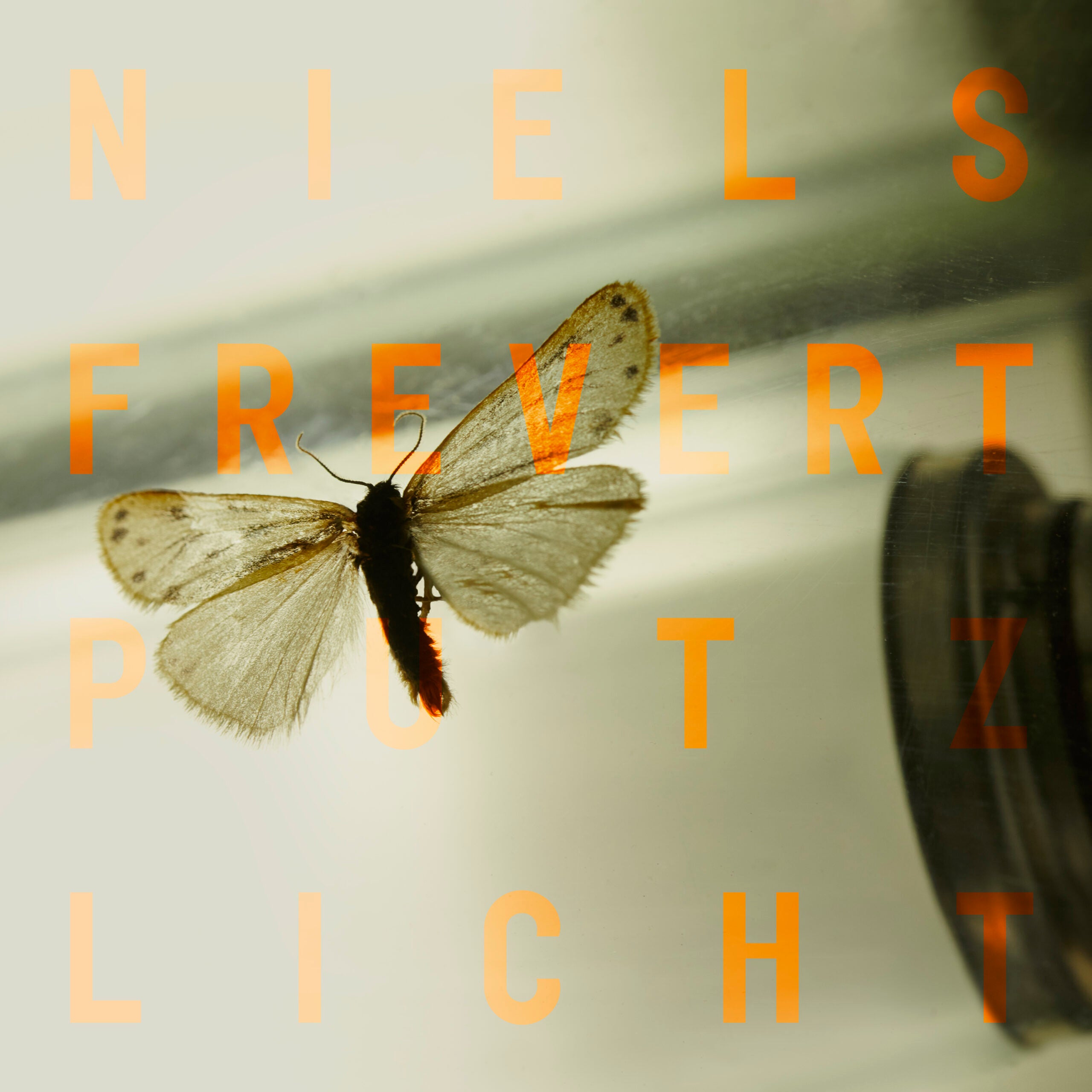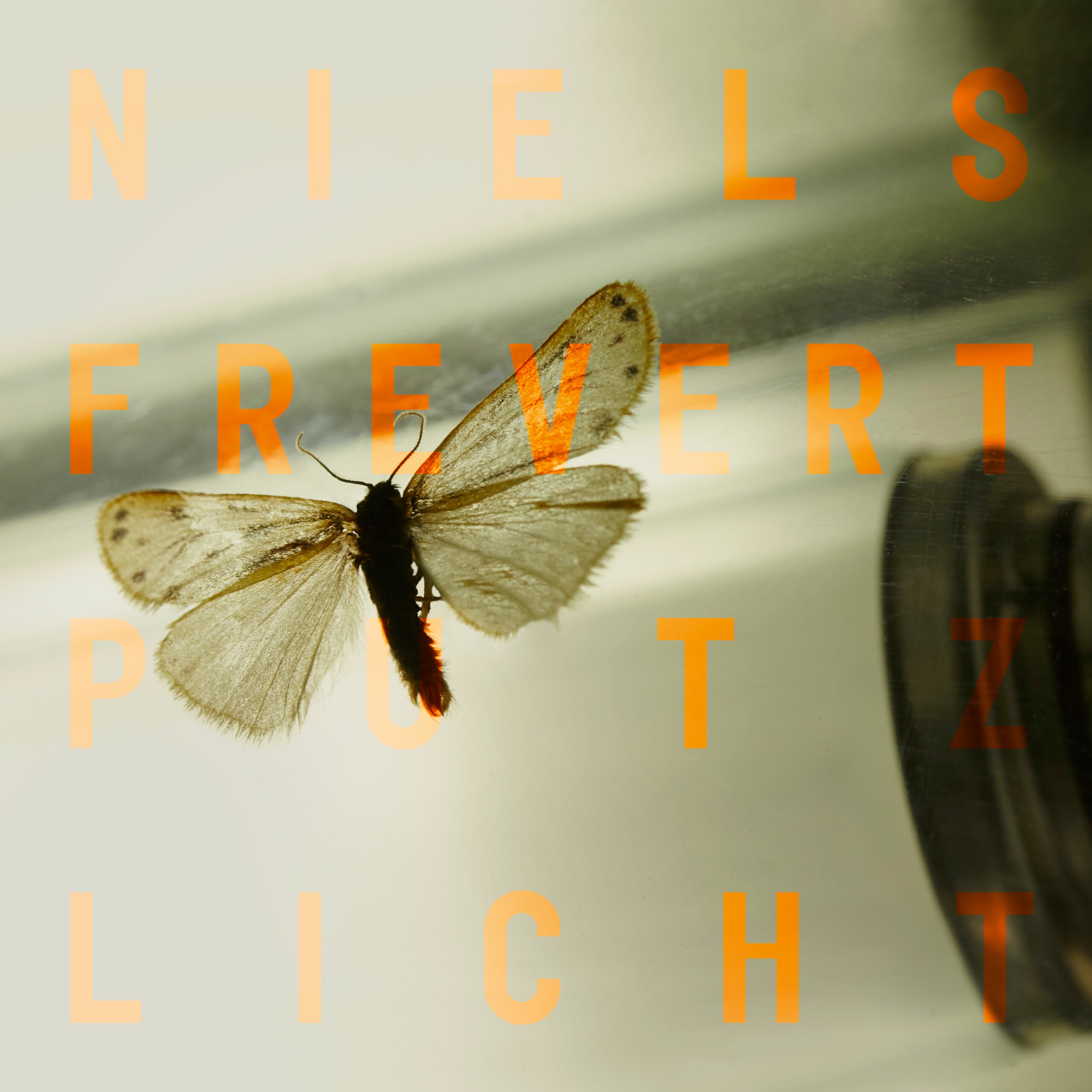
WEBSITE
Niels Frevert
Niels Frevert, the master of proud melancholy, creates timeless, almost painfully beautiful pop music that takes life and people seriously while celebrating radical new beginnings.
Niels Frevert's new album is called Pseudopoetry, and apart from how hallucinogenic this word sounds, it is of course remarkable that he, Frevert, hero of all German-language songwriters, has released his seventh and yet again surprising album Pseodopoetry Is this coquetry or is he having a crisis? And why is he hitting the jackpot after his pre-Covid hit album Cleaning light and comes up with another bombshell like this? Questions to which we will probably not get satisfactory answers, because N. Frevert is unfathomable.
“I sing in a cage where the algorithm doesn’t work”
'Stranger in the World'
It starts with the classification. All of Frevert's colleagues are easy to get a grip on. There's Jochen, the intellectual. Thees, the buddy type. Sven, the romantic with the novels, and Gisbert, the one from the shared kitchen of hearts. But with Niels it gets vague. He was always the one who didn't really belong anywhere. A loner, mysterious and somewhat aloof. A flaneur who appears from obscurity every few years with two hands full of songs, causes ecstasy and then disappears again into the anonymity of the big city where he finds his stories. A master of proud melancholy, for whom words like disposable lighter flames become the hook and every song in the world captures a glance, a moment or a phrase that you never forget. Too fine for format radio, too confusing for the algorithm.
The break came with the 2019 album Cleaning light with this album, Frevert reinvented himself after a five-year break, stripping off the corset of the singer-songwriter. Suddenly everything was bigger and more powerful, as if The War On Drugs had stormed his writing studio. Pseudopoetry picks up where you left off and goes even further – thanks also to the new Frevert producer Tim Tautorat (Faber, Provinz, Tristan Brusch).
“Das Schwarze an deinem Handgelenk, ist das Kajal?”
'Waschbeckenrand'
The best example of the transformation is 'Weite Landschaft', the opener and first single. It starts like a Frevert piece from the past, one of those ballads that despair of love - then it tips over, falls on its feet and runs off. 'Fremd in der Welt' (Frevert about Frevert?) is a hit, 'Waschbeckenrand' is a miniature with universal power that only Frevert can write, the stunning 'Träume nicht auf bei Tagesanbruch' is a Radiohead-esque elegy to longing, the 'Klappern von Geschirr' is the sequel to 'Wind in deinen Haar' by Putzlicht.
More than ever, his focus is on carrying on behind the windows of the big city apartments in which many of his stories take place - these highly condensed snapshots that contain entire lives. Frevert's songs do not encourage perseverance, offer no comfort, and give no advice. They gently put their finger on the wound, where dreams wither and hearts harden.
Gently push you towards the door and leave you standing there with the key in your hand. This is great, sometimes almost painfully beautiful pop music that takes life and people seriously, extracts the drama of our existence from everyday things and, recently, always offers a way out: a radical new beginning, an escape into a new life, as an idea...
But why is perhaps the best Niels Frevert album of all time Pseudopoetry is one of those Frevert questions that we can twist our braids with. Is it the third part of a P trilogy that consists of the albums Paradies der gefälschten Dinge,Putzlicht and Pseudopoetry exists? Does the pseudonym refer to the poet's doubts about his texts? Or is it a kind of meta-middle finger to the mainstream? Whatever the case: This interesting word seems a little out of place on this album, but it does not detract from the enjoyment of it in any way.
`Der Blick ostweit und die Sehnsucht groß /
Und jeder Morgen ein neuer Versuch`
'Träume hören nicht auf bei Tagesanbruch'
He says that he is "actually a completely normal guy who releases a new album every three and a half years." Unless there is a serious crisis, then it can take half a decade. Pseudopoetry appears 3.5 years after its predecessor – a hint. Frevert also wanted to get back on tour as soon as possible. And his new producer Tim Tautorat is on the ball – he doesn’t waste any time, loves taking risks and simply records string arrangements himself. That’s how it came about that Pseudopoetry was created in just six weeks – the shortest album production phase since Frevert’s debut in 1997.
He recorded the ten new songs with the live line-up of Putzlicht – the first time that his band has stayed together between two albums. Niels Frevert seems to have arrived: between two stools, on the outer orbit or simply on the way to eternally moving on. Try to grab him and he lets go, does a two-and-a-half somersault under the circus dome without a net, lands in his glittery leotard, sings your heart out and is gone again.
Tino Hanekamp
More info:
https://www.instagram.com/niels_frevert
https://de-de.facebook.com/nielsfrevert/


